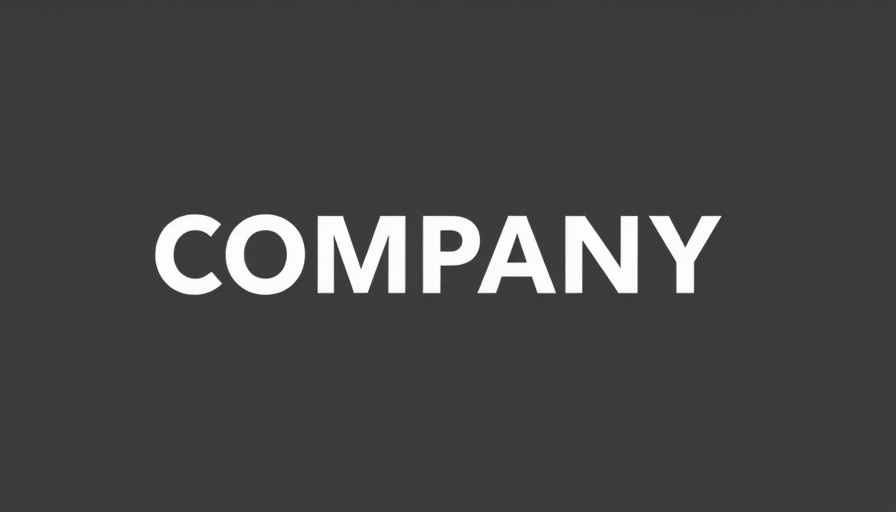
Gas Station Hidden Fees: What You Need to Know
In today’s economic climate, every penny counts, especially when we’re trying to manage our personal finances effectively. Recently, an alarming trend has emerged in New Jersey and beyond: gas stations are increasingly hiking credit card surcharges, quietly impacting your wallet. Understanding these surcharges can empower you and help you avoid unnecessary costs while fueling up.
Understanding Credit Card Surcharges
Gas stations, while a vital resource for commuters, have been incorporating surcharges when customers choose to pay with credit cards. These fees can vary from 2% to 5% of the total purchase price, and not all stations are transparent about their policies. This practice isn’t necessarily new; however, the increased implementation has caught many drivers off guard. It’s essential to keep an eye on your spending and track expenses as these additional fees can add up quickly.
Why Are Gas Stations Increasing Fees?
With rising operational costs and fluctuating gas prices placing financial pressure on businesses, many gas stations are looking for ways to cut costs and remain profitable. One strategy includes passing the transaction fees associated with credit card payments onto their customers. This phenomenon may lead many consumers to think twice about their payment methods when filling up their tanks.
Avoiding Credit Card Fees: Practical Tips
Fear not—there are several strategies to navigate this financial hiccup:
- Cash is King: Paying with cash can help you avoid surcharges entirely. While it might not be the most convenient option, it can save you money in the long run.
- Shop Around: Not all gas stations charge the same fees. By doing your research and being mindful of your options, you can find stations that don’t impose additional credit card surcharges.
- Use Credit Cards with Rewards: If you must use a card, opt for one that offers cashback or rewards on gas purchases, effectively offsetting the impact of these fees.
- Budgeting Wisely: Incorporate these surcharges into your overall budgeting goals. Keeping track of where you spend can aid in reducing financial stress and help you stay on top of your expenses.
The Impact of Surcharges on Financial Goals
These credit card fees not only impact your immediate gas expenses but can also significantly affect your broader financial goals. By effectively tracking expenses and budgeting properly, you can mitigate the negative impact caused by these surcharges. This discipline extends beyond just filling up; it creates an overall mindset that can be beneficial in managing debt reduction, planning for retirement, and boosting your overall financial well-being.
Long-Term Strategies to Manage Gas Expenses
When considering how this trend might affect your financial future, it’s critical to develop a long-term strategy:
- Evaluate Your Transportation Costs: Think critically about your commuting practices and consider options like carpooling or public transportation, which can save on gas and ease financial burdens.
- Explore Gas Rewards Programs: Many stations and credit card companies offer loyalty programs that could help lower your overall fuel costs. Staying informed and utilizing these can make a significant difference.
- Prepare for Market Changes: With an ever-changing economic landscape, try to anticipate how rising costs might affect not just gas prices but other areas of your financial planning.
Final Thoughts: Taking Control of Your Finances
These surcharges may pose challenges, but they also present opportunities. By remaining proactive and informed, you can ensure that these additional fees don’t derail your overall financial health. Now more than ever, it’s vital to engage with your personal finances, budgeting effectively, tracking expenses, and planning for your future. Whether you’re motivated by debt reduction, planning for retirement, or simply aiming to boost your income, understanding these fees can be a small yet impactful step on your journey to achieving your financial goals.
 Add Row
Add Row  Add
Add 




Write A Comment